“`html
The Intersection of Science and Faith: Discovering the Divine Path
In my journey of navigating the worlds of technology and faith, I have often found myself pondering the delicate balance between the measurable and the immeasurable, the seen and the unseen. This reflection has become the basis for understanding how science and Christianity not only coexist but richly enhance one another. From artificial intelligence and algorithmic design to moments of spiritual clarity, I have come to see this intersection as a place where doubt is a gateway to deeper belief and where curiosity opens doors to new understandings of God’s creation.
Embracing Doubt as a Catalyst for Faith
Throughout my life, I have wrestled with doubt. Growing up in a Christian tradition, faith often felt like an inherited relic rather than a personal decision. This feeling was magnified by my background in machine learning and artificial intelligence, fields that demand rigorous evidence and analytical thinking. At first, these two worlds seemed irreconcilable.
However, doubt became my unlikely ally. Science taught me to ask questions and seek answers—a lesson that I soon realized applied to my spiritual journey as well. Just as an algorithm improves by addressing errors, my faith deepened as I confronted doubts and sought resolutions through Scripture, prayer, and reflection. I now view doubt not as a threat but as an invitation to explore the mysteries of God further. As C.S. Lewis once wrote, “You can’t go back and change the beginning, but you can start where you are and change the ending.”
The Cosmos as a Testimony to God
My work in technology has given me profound insights into the structure and patterns of the universe. Behind every complex model I’ve built, there has always been an even deeper complexity waiting to be understood. This mirrors the way the natural world operates—with precision, beauty, and order that defy randomness. The more I study these systems, from neural networks to planetary orbitals, the more I’m in awe of the divine intelligence that designed them.
Take, for instance, the Fibonacci sequence, which appears in nature in everything from sunflower spirals to galaxy formations. The elegance of these patterns speaks to the handiwork of a Creator who deliberately structured His universe with both predictability and wonder. As Psalm 19:1 reminds us, “The heavens declare the glory of God; the skies proclaim the work of his hands.”
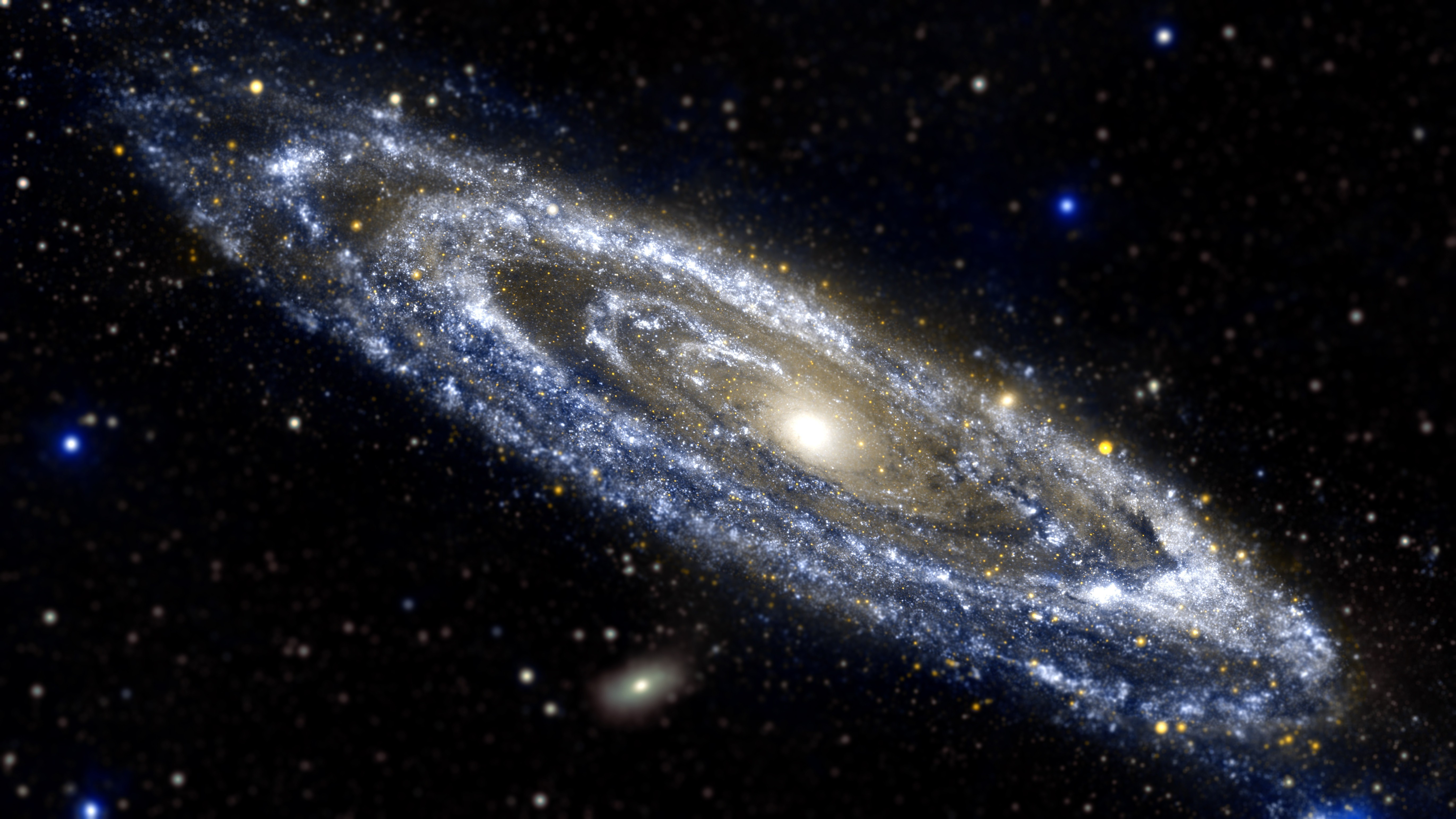
Suffering and the Unfolding Sovereignty of God
One of the most challenging aspects of faith is reconciling the reality of suffering with the benevolence of God. My experiences—from facing near business failure to grappling with a sudden health scare—have tested my understanding of His nature. Yet, in these moments of trial, I have often found surprising blessings.
The process of debugging a system has taught me that failure is not final; it is an opportunity to refine and rebuild. Similarly, suffering, while painful, often leads to deeper truths and greater resilience. As I reflected on these moments, I came to appreciate the redemptive narrative of Christianity. Much like Christ’s suffering on the cross, our trials can lead to renewal and hope.
In a previous article, Finding Christ in the Midst of Trials, we explored how God’s grace plays a transformative role in overcoming addiction. That same grace is available to all who endure seasons of hardship, whether due to personal struggles or global injustices.
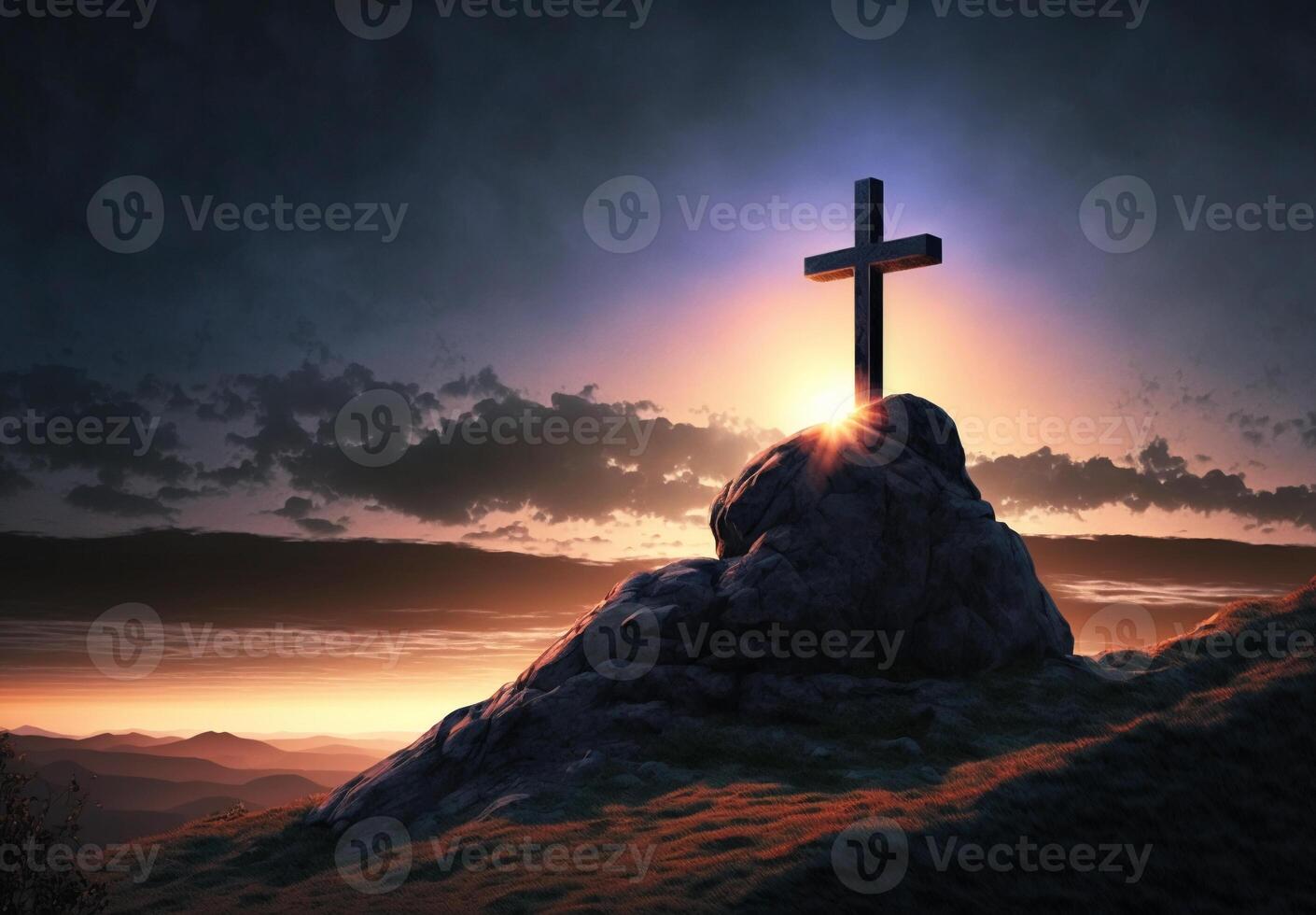
A Call to Stewardship: Faithful Technology and Justice
As a professional in the field of AI, I am constantly reminded of the ethical dilemmas posed by our rapidly advancing technology. How do we ensure that our creations serve humanity and honor God? This question has become central to my work, driving me to advocate for ethical AI and sustainable practices.
In Genesis, we are called to be stewards of creation—not as exploiters but as caretakers. This biblical principle resonates deeply with my commitment to ensuring that technology uplifts, connects, and heals rather than isolates, exploits, or harms. By aligning innovation with Christian values, we can use these tools to reflect God’s love and justice in the world.
The Future of Science, Faith, and Their Convergence
Looking ahead, I am both hopeful and cautious. Technology will undoubtedly bring unprecedented changes to our world, from AI and biotechnology to space exploration. But how we balance these advancements with our spiritual and moral compass will determine their ultimate impact.
I believe the key lies in humility. Both science and faith invite us to confront the vastness of our ignorance and the limits of our understanding. Whether we are building systems to predict the future or studying ancient Scripture to discern eternal truths, we are ultimately pursuing the same goal: to find meaning and to connect with the divine.
As Albert Einstein, who often reflected on the intersection of science and spirituality, famously said, “Science without religion is lame, religion without science is blind.”
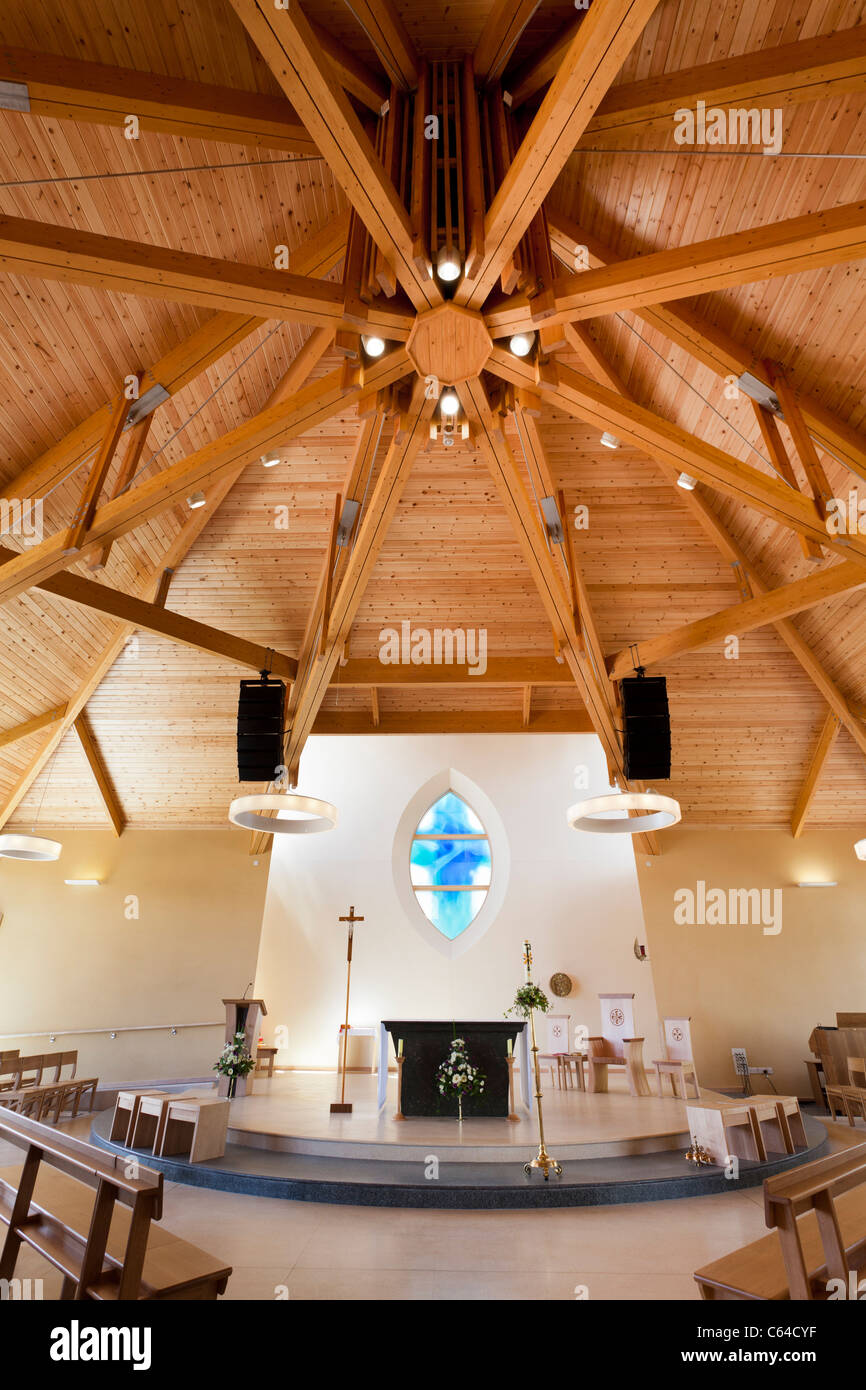
Conclusion: A Shared Journey of Wonder
My journey has been one of doubt, discovery, and deepening faith. Whether working with algorithms or reflecting on the mysteries of the divine, I have found harmony between these seemingly disparate realms. Together, science and Christianity allow us to explore not only the mechanics of the universe but also the purposes behind its creation.
And so, I invite you to join me in this journey of awe and inquiry—a journey where we celebrate both the complexity of the cosmos and the simplicity of faith, recognizing them as two threads in the same divine tapestry. For in the end, every discovery, every question, and every moment of faith points us back to the eternal truth: that we are fearfully and wonderfully made, created by an all-knowing, all-loving God.
Focus Keyphrase: Science and Christianity
“`
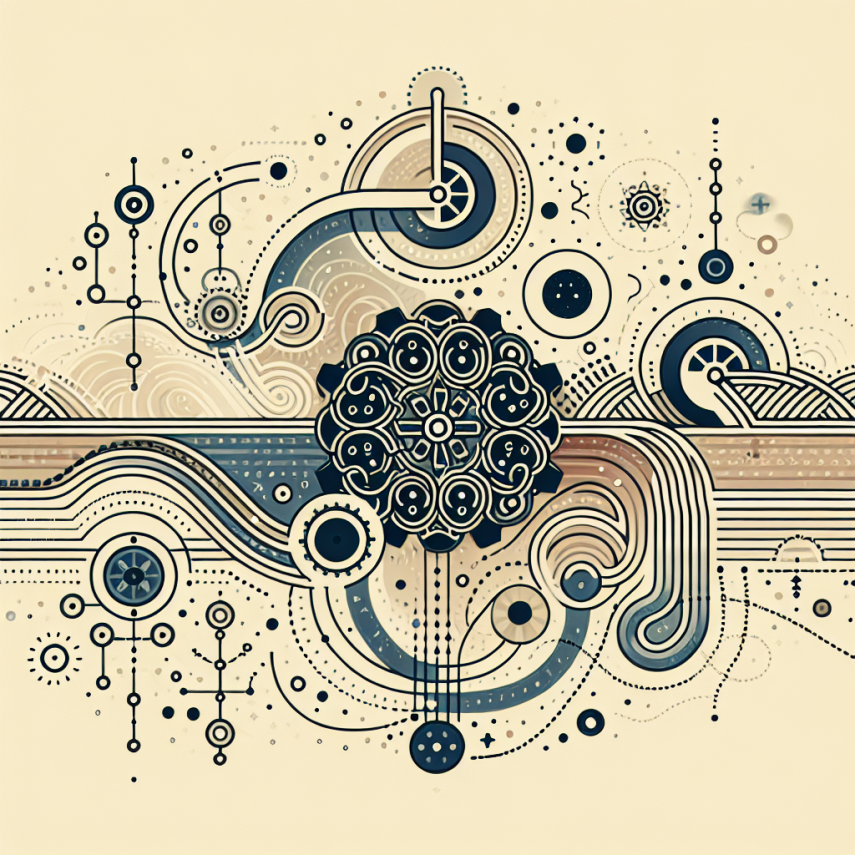
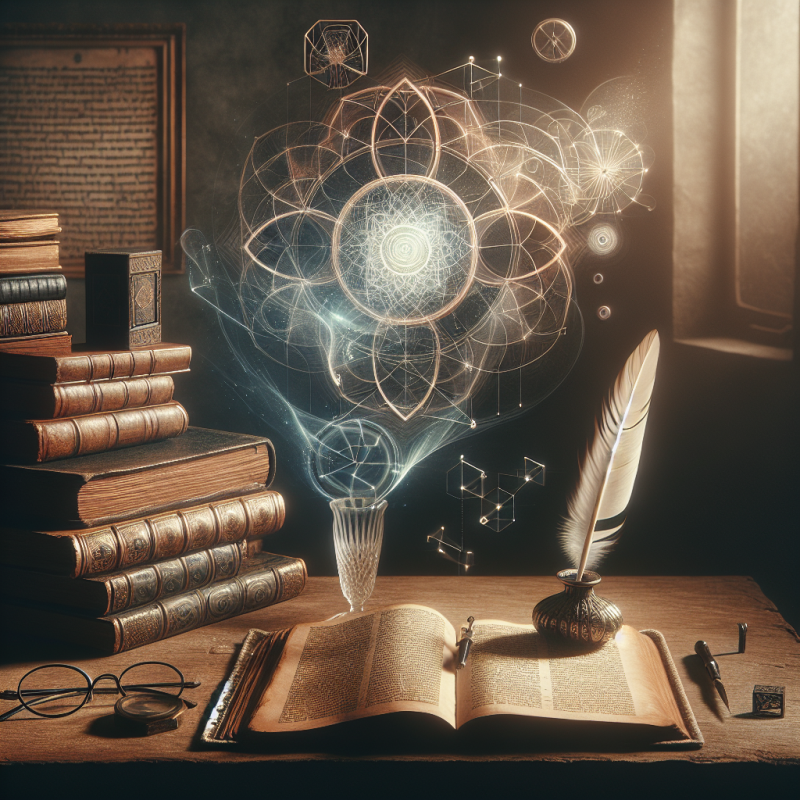
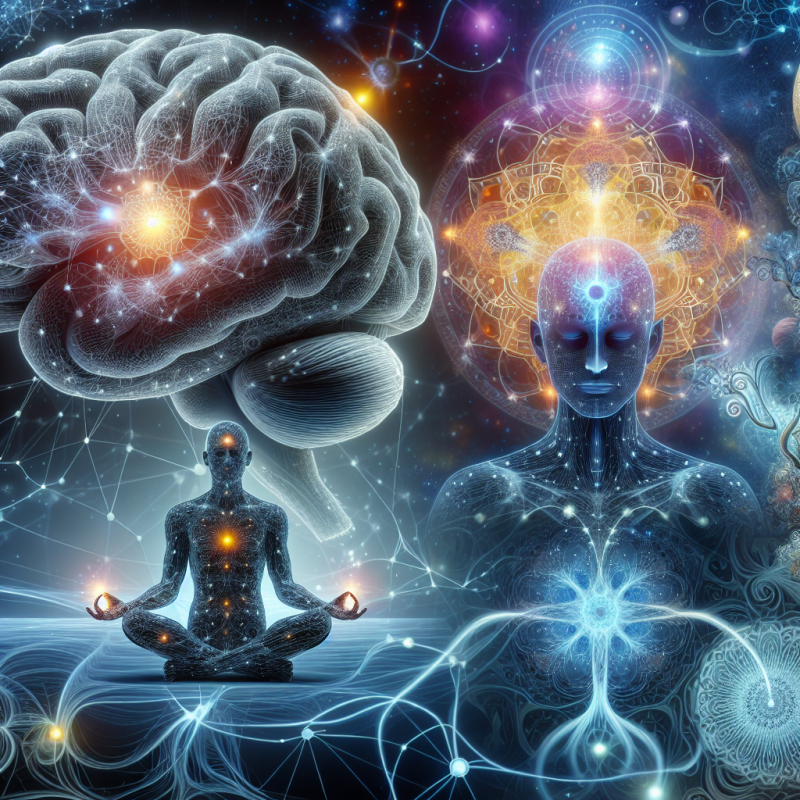
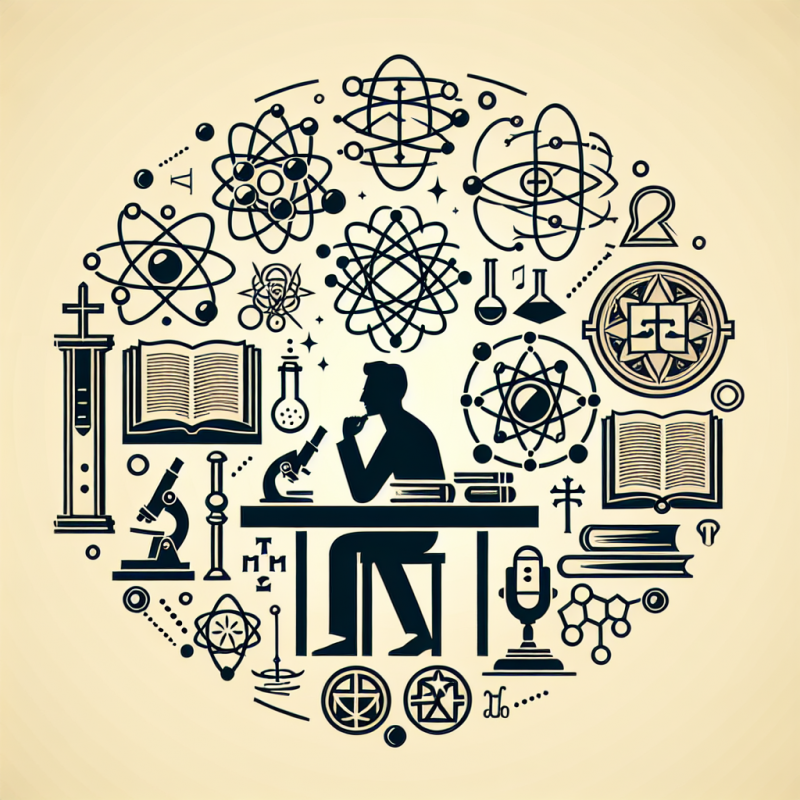
Thank you for reading! I wrote this article to share my thoughts and insights. I’d love to hear your feedback and discuss further in the comments!
This was a helpful read. Looking forward to more content like this!